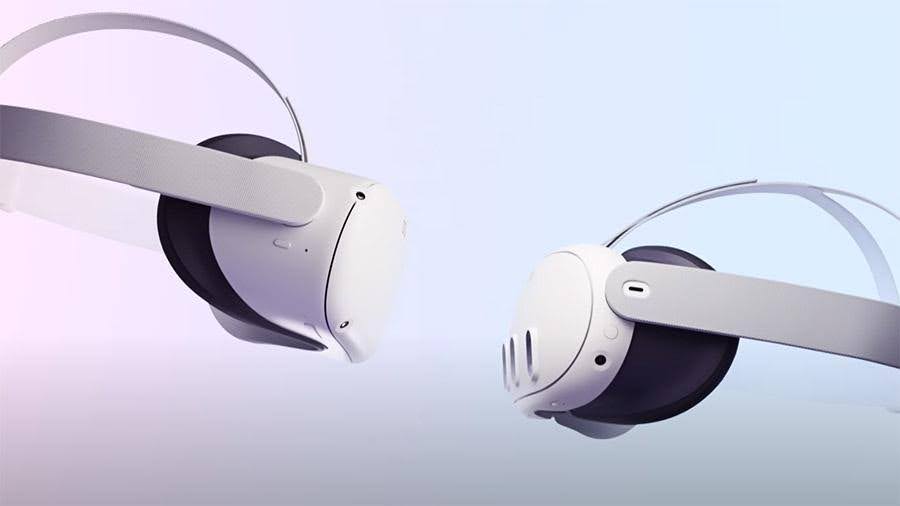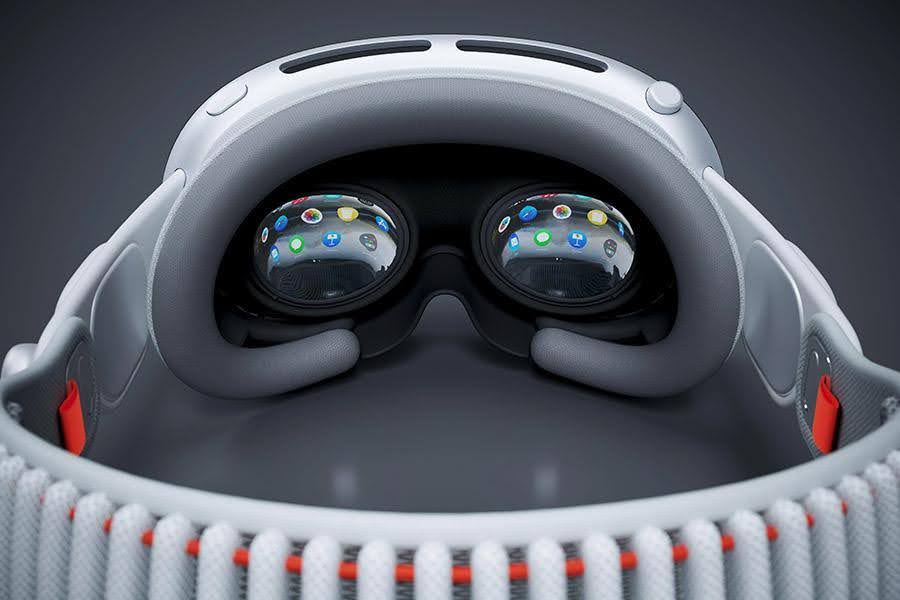Meta Quest 4 to Land in 2026
10 Sep 2024

After the arrival of the third generation of Meta Quest devices (Meta Quest Pro, Meta Quest 3, and the expected forthcoming Meta Quest 3S), speculation has quite naturally turned to what would follow. According to The Information’s Wayne Ma and Kalley Huang, Meta aims to release two fourth-gen Quest devices by the end of 2026.
Currently, given the codenames Pismo High and Pismo Low, the pair of devices may follow on from Quest 3 and Quest 3S in that one will be a full-featured, pricier version while the other will be more affordable and feature more modest specs. A projected release timeline puts the Quest 4 family arriving roughly two years after consumers have access to Quest 3S.

Meta devotees and naysayers alike are keen to see how Quest evolves in its fourth generation. [Image: Meta]
Going Up Against Apple
Meta is also reportedly planning a successor to its underperforming Quest Pro aimed at taking on Apple Vision Pro. Where Meta received ample criticism (and corresponding weak sales) for launching Quest Pro at a lofty $1,499 USD, Apple dipped even deeper into consumers’ wallets with its Vision Pro price tag of $3,499. This could spur Meta on to create a more ambitious (and expensive) second-gen Quest Pro, one that would command more respect and attention from pro-level VR/AR users.
Should Meta hit the $2,000 mark with Quest Pro 2, it would still be more affordable than Apple’s best offering. Vision Pro has brought new modes of productivity and technical capability into the fore which Meta will be not only eager to implement in future devices but in those already on the market. This device is expected to arrive in 2027.

Apple Vision Pro may shift the pricing paradigm of high-end consumer-level VR/AR devices. [Image: Apple]
The Reality of Reality Labs
Meta Reality Labs may be the guiding force behind much of Meta’s success with its Quest line but the department is far from bulletproof. Meta is reportedly trying to cut 20% of Reality Labs’ spending due to rising operating costs and diminishing revenue. An internal reshuffling of Reality Labs may streamline the research, development, and production processes of forthcoming Quest devices and result in lower cost to the consumers.